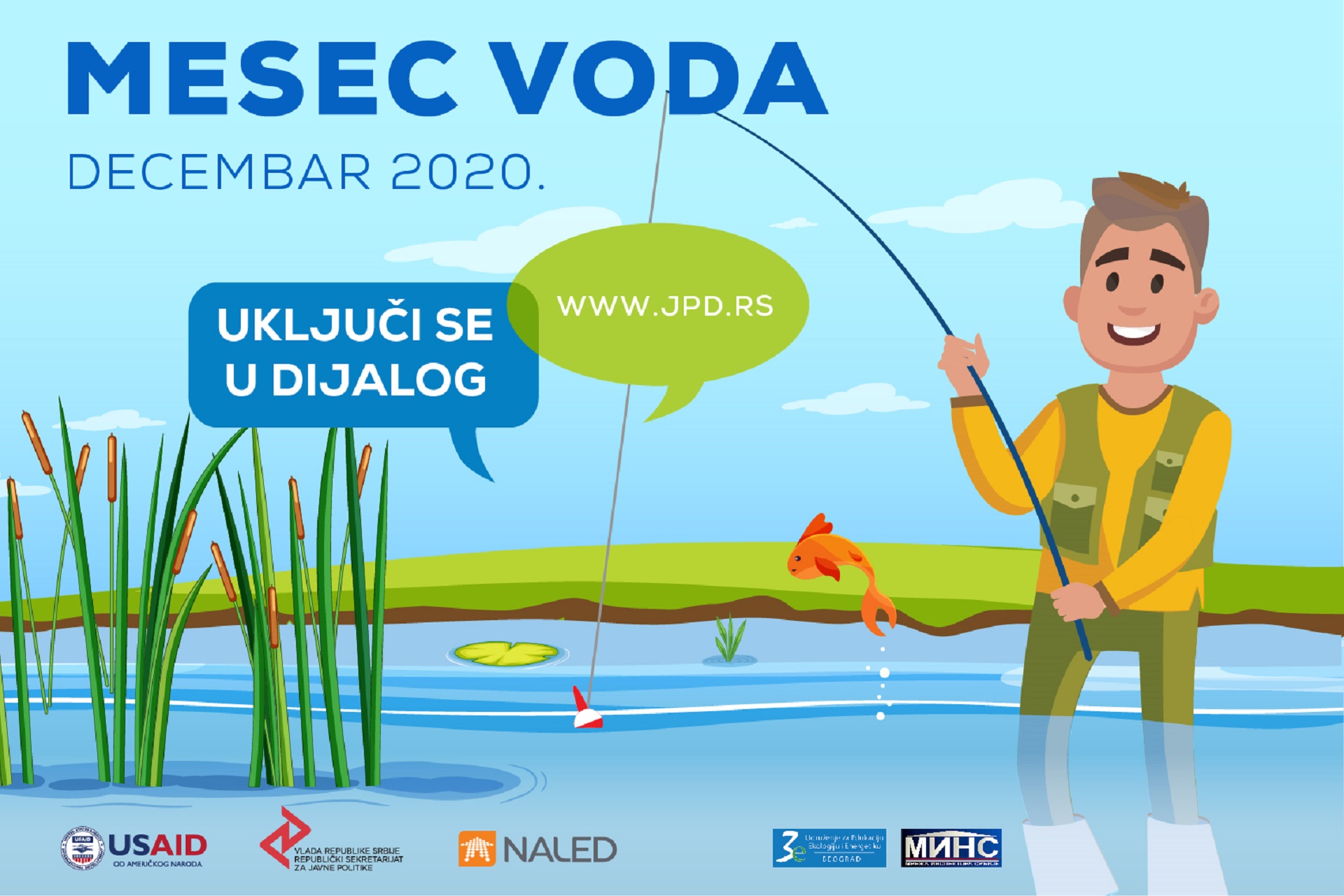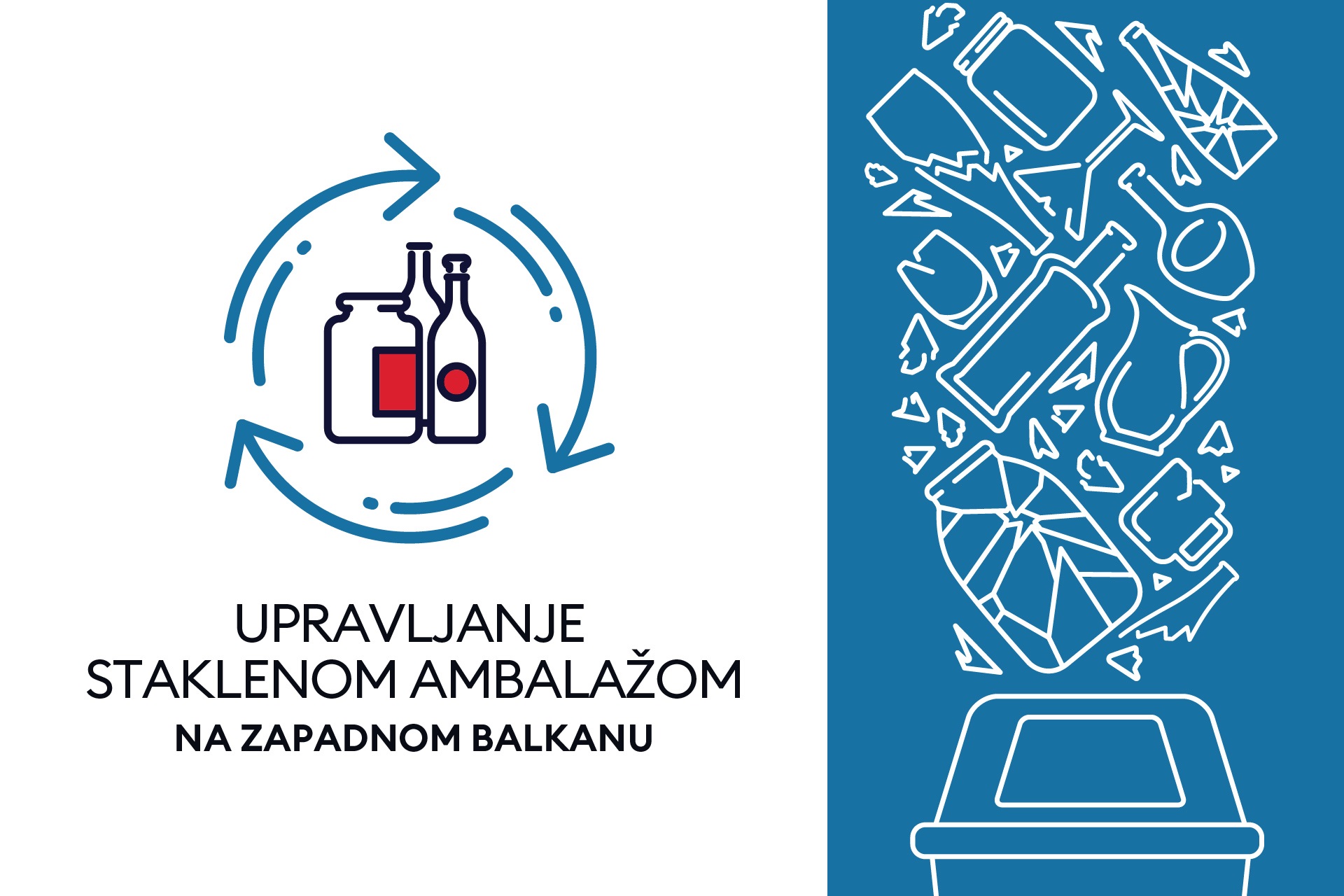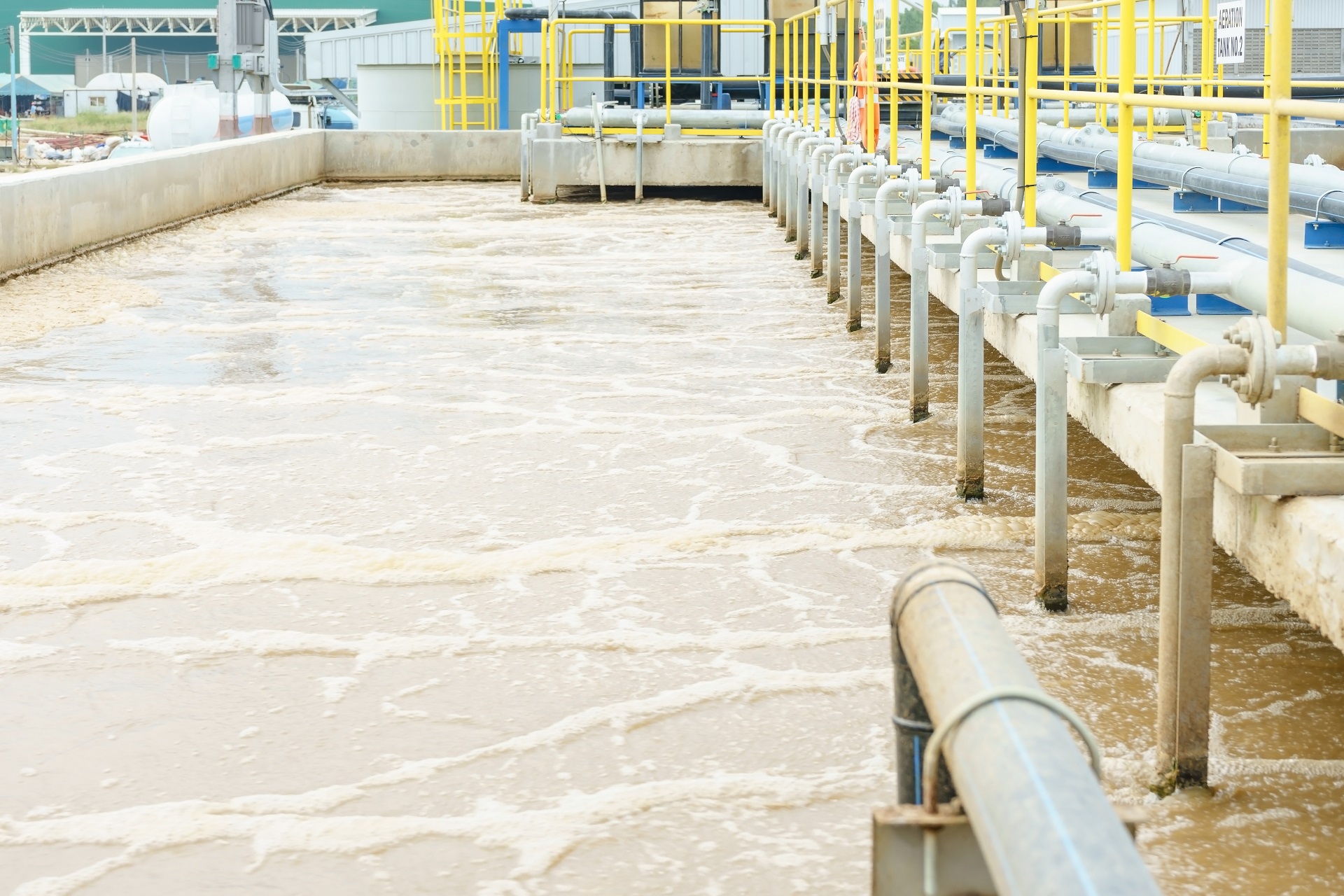Six inspectors take care of waters throughout Serbia
Municipal and industrial waters that are discharged without prior treatment are the main polluters of water surfaces, and there are only six republic inspectors in the entire country dealing with this issue. For this reason, the Network of Inspectors of Serbia (MINS), the Association 3E and NALED propose that in addition to an increased number of inspectors, the jurisdiction regarding this matter should also be entrusted to local inspection services.
Strengthening the capacity of inspections is necessary because smaller communities do not even have their local environmental inspectors. Having in mind the lack of inspectors on the national level, the question is to what extent they can protect the health of citizens.
- This year, it is expected that 28 new republic inspectors will be employed, with their jobs already systemized, which is a step forward, but this will still not solve all the problems. That is why MINS, Association 3E and NALED propose to enable, at least conditionally, the transfer of jurisdiction from republic to local inspectors in those cities and municipalities where there are enough inspectors and funds for their work and where large polluters are present. Also, it would be good to stimulate the cooperation among local governments, and for those municipalities that do lack inspectors, to seek the help of inspectors from a neighboring local government that has the capacity - says Olivera Kikanovic from the Network of Inspectors of Serbia, that partnered with NALED and the Association 3E in launching the "Month of Water" (in Serbian) campaign.
The "Month of Water" campaign is part of the "Public-Private Dialogue for Growth" project implemented by NALED and RSJP and funded by USAID. During December, all stakeholders had the opportunity to propose solutions that could improve water protection and help businesses better understand their obligations and build the necessary treatment plants. A comprehensive State Analysis of the entire wastewater system in Serbia (in Serbian) has also been prepared.
One of the initiatives to improve inspection supervision is to encourage the advisory role of inspectors and point out omissions instead of imposing penalties, because there is a large number of small businesses that are not sufficiently familiar with the law. They often unintentionally send poorly completed reports to the authorities, which leads to a wrong insight into the state of wastewater.
- Many companies are interested in preserving the environment, but in addition to knowledge, they also lack funds to invest in additional equipment. In order to solve this problem, we suggest that certain incentives be determined to help the responsible businesses, and where possible, together with local government units, they could invest in joint facilities. Also, the Guide for planning and construction of wastewater treatment facilities will be of great use, it will contain all the necessary guidelines in these procedures. We are preparing it within the project Public-Private Dialogue for Growth - adds Kikanovic.
Among the key recommendations of the campaign and analysis is the need to develop a sewerage network. It is estimated that there are more than 3 million septic tanks in Serbia. In urban areas, where the connection to the sewage system is higher than 60%, priority should be given to the construction of treatment facilities. Also, it is necessary to map all wastewater discharges.



